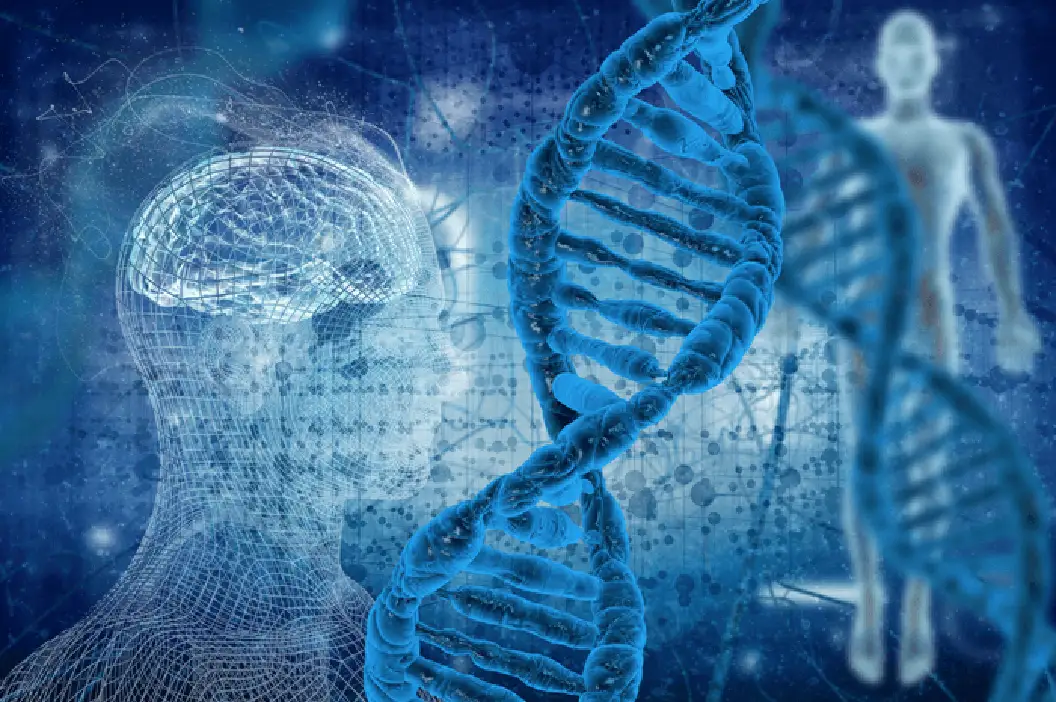Hormonal Imbalance: How to Balance Hormones Naturally
If you’ve been diagnosed with a hormonal imbalance, or think your hormones may be out of whack, we’re glad you’re here. Today we’re going to go over some of the ways to balance hormones naturally. Balancing your hormones can lessen or eliminate the need for certain medications.
You may have a hormonal imbalance if:
- You have diabetes.
- You have thyroid disease.
- You’re obese.
- You have painful periods.
- You suffer from infertility.
In addition to these obvious conditions, you may have a hormonal imbalance if you suffer from a wide variety of symptoms including fatigue, hair loss, unexplained weight loss or weight gain, and more. There are several things you can do to correct a hormonal imbalance and balance your hormones naturally.
Interested? Let’s get started.
Hormone Balancing Diet
Your body’s endocrine system regulates your hormones. Not surprisingly, the nutrients you consume nourish and support the endocrine system, just like they support or harm other systems in your body. Doctors and nutritionists have determined the best hormone-balancing diet.
It consists of hormone-balancing foods and probiotic foods that support gut health. A hormone-balancing diet also means avoiding too much of certain foods. Here are some key takeaways:
- Avoid excess sugar. Added sugar can promote insulin resistance and disrupts gut health.
- Get protein with every meal. Protein helps your body produce amino acids needed to make essential peptide hormones.
- Eat healthy fats. Healthy fats such as those found in olive oil and avocados, for instance, help balance hormones that control appetite and the feeling of fullness. They’re also good for your heart.
- Eat plenty of fruits, vegetables, and other fiber-rich foods. Getting plenty of fiber helps regulate insulin and gut health.
- Avoid inflammatory foods. Chronic inflammation can lead to hormonal imbalance. Avoid processed foods, fried foods, trans fats, artificial colors, sweeteners, and more.
- Avoid endocrine disruptors. Endocrine disruptors are chemicals found in everyday items such as pesticides, herbicides, plastics, and cosmetics. Opt for organic fruits and vegetables and natural products.
Eating a healthy diet can go a long way towards keeping your hormones balanced.
Supplements to Balance Hormones
Depending on which hormones are out of balance, you may benefit from taking certain supplements to balance hormones. While you can get many of these vitamins and minerals through a healthy diet, it’s important to work with a healthcare professional before starting supplements. Some things to know:
- Magnesium helps balance thyroid hormones.
- B vitamins can help regulate a variety of hormones.
- Probiotics help support gut health and the absorption of nutrients.
- Turmeric, vitamin C, and alpha-lipoic acid support your liver and endocrine health.
- Vitamin D supports hormone balance, your immune system, and reproductive system.
After a comprehensive blood chemistry analysis, our functional medicine team can formulate a nutrition and supplementation plan to help you balance your hormone levels and feel better, naturally.
Exercise to Balance Hormones
Regular physical activity can help balance your hormones naturally as well. Exercise enhances your body’s processing and delivery of nutrients and improves the reception of hormone signals. Physical activity can:
- Reduce insulin levels
- Improve insulin resistance
- Boost testosterone
- Boost IGF-1
- Boost DHEA
- Boost growth hormone (HGH)
Our physical fitness team can help develop a workout regimen and exercise routine targeted to your abilities and needs.
Maintain a Healthy Weight
This goes hand in hand with physical activity and eating healthy. Obesity is proven to increase the risk of insulin resistance, diabetes, and heart disease. In addition, obesity can cause hypogonadism, which is a decrease or absence of the secretion of testosterone to the testes or ovaries. This in turn can cause infertility. The good news is that losing weight and maintaining a healthy weight can reverse this condition.
Reduce Stress and Get Enough Sleep
Stress and lack of sleep can cause a hormonal imbalance in even the healthiest of people. Stress leads to an increase in the levels of cortisol and adrenaline. If these hormone levels are too high, they can increase the risk of obesity, mood swings, irritability, and cardiovascular issues. Look for ways to reduce your stress.
These can include reducing your workload, exercise, meditation, even listing to music.
By making some lifestyle changes and consulting with medical professionals, you can learn how to balance hormones naturally. Ready to get started? Schedule an appointment for a comprehensive evaluation.



